The Kenya Private Sector Alliance (KEPSA) Foundation through Sustainable Inclusive Business Kenya (SIB-K); has deepened its partnership with the French Embassy to launch the second phase of the COAST Project, christened, Creating Opportunities and Alleviating Poverty Through Sustainable Trade II (COAST II). The 6-months long COAST II project, supported by the French Government, is anticipated to train 100 households on separation of waste at source by engaging youth groups in the low-income areas, with the support of partners across the value chain and create linkages with the private sector with a view to adopt circular innovations.
Speaking during the launch held at the PrideInn Paradise, Shanzu, KEPSA Deputy CEO Ms. Martha Cheruto said that, “KEPSA has been at the forefront of accelerating the circular economy and to create revamped business models through a series of completed and ongoing projects. The support advanced to the second phase of the COAST project, therefore, demonstrates the trust and belief the various stakeholders have bestowed on KEPSA.”
She also acknowledged the excellent working relationship between KEPSA and the County Government of Mombasa during the implementation of COAST I.
Mr. Innocent Mugabe – Chief Officer, Ministry of Gender, Youth, Sports and Culture- Mombasa County highlighted that, “this project is a significant milestone in the ongoing collaborations between the Mombasa County Government and the private sector, and we are glad to continue consolidating our partnership with KEPSA through this project spearheaded by Sustainable Inclusive Business. This is the perfect time to seize the opportunity to harness the momentum of Kenya’s journey towards green economy, the Vision 2030 and the Sustainable Development Goals.
READ>>>>>KEPSA Partners With UN, Govt to Launch Decade of Action and Recovery
Addressing the waste management challenge effectively in Mombasa and in Kenya is critical to delivering on Kenya’s constitutional right to a clean and healthy environment for all, advancing the circular economy to create green jobs and wealth from the waste sector, and advancing the nation’s sustainable development goals.
The COAST II project will provide a critical opportunity to draw linkages between the county government of Mombasa, departments charged with waste management, businesses and enterprise development to promote a sustainable model to combat pollution, non-governmental organizations working in the coastal region, as well as collaborate with the Ministry of Gender, Youth, Sports and Culture- Mombasa County. Under the theme ‘Blue Economy and Environment Conservation’, implementation of the project will contribute to advancing SDGs that empower people, protect the planet, foster prosperity for all and develop sustainable quality infrastructure.
To improve the management of waste, the project will support the county government in developing a model that integrates the community, the public sector as well as the private sector in bringing in innovations that reduce the risk of water borne diseases during rainy seasons; and the disposal of plastics to the environment that finally find its way to the ocean.
“The Indian Ocean is one of Kenya’s greatest resource that has not been fully utilized. As a resource, it faces a huge risk from anthropogenic activities that result in environmental degradation. COAST II therefore, aims to improve the wellbeing of the community while reducing environmental risks,”noted the Sustainable Inclusive Business Director Ms. Karin Boomsma.
This was reiterated by the Program Manager Mr. Ebenezer Amadi saying, “we are excited about this partnership, through which we seek to address these issues by enhancing access to waste receptacles and increasing awareness on the separation of waste as the source as well as build the capacity of women and youth to venture into waste management businesses while finding synergy with existing waste management companies including the recyclers.”
The first phase of the COAST Project was launched in July 2020, and successfully trained over 100 youth in Tudor’s informal settlement, Mombasa County on the waste to value concept. The training aimed to create awareness on waste management and increase the participants’ capacity to develop sustainable waste management business cases through mentorship. The innovative and comprehensive program further empowered the trainees to harness their entrepreneurship skills; enhance access to financing and begin micro and small businesses based on sustainable waste management models. Out of it, 19 businesses related to waste management were created, from which 13 were awarded seed funding from the project during the COAST I project. The businesses target to collect, sort, recycle, re-purpose and refurbish different forms of waste to create a sustainable income.
“I am a COAST I beneficiary, and undertaking the waste to value training was one of the best choices that my group and I made. We previously saw waste as useless, but from the empowerment programs by KEPSA, we are now running a waste collection business called Safarini Waste Collectors in Tudor. We are also using that to sensitize the households we work with to separate waste at source, after which we collaborate with recyclers who buy PET bottles for instance, thus creating an extra income,” Khadija Salim, Tudor resident and COAST I beneficiary.





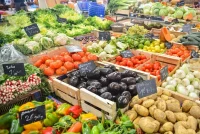
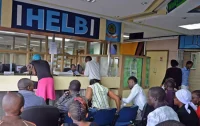
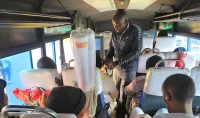

![Mombasa Governor Ali Hassan Joho (l) with Mvita MP Abdulswamad Nassir at a past function. Nassir wants to succeed Joho as Governor. [Photo/ Courtesy]](https://businesstoday.co.ke/wp-content/uploads/2021/12/thumb_johos_big_aboutt5b11b292203bf.jpg)
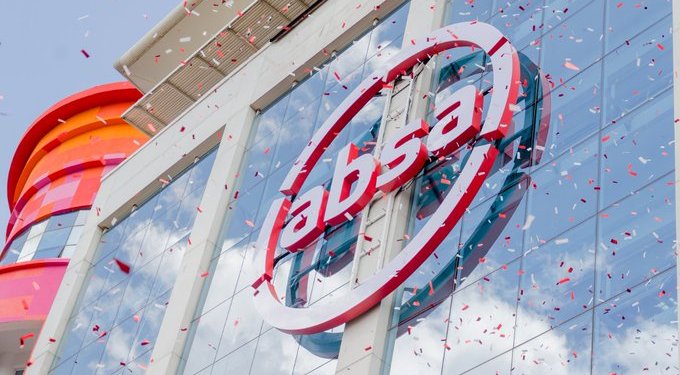
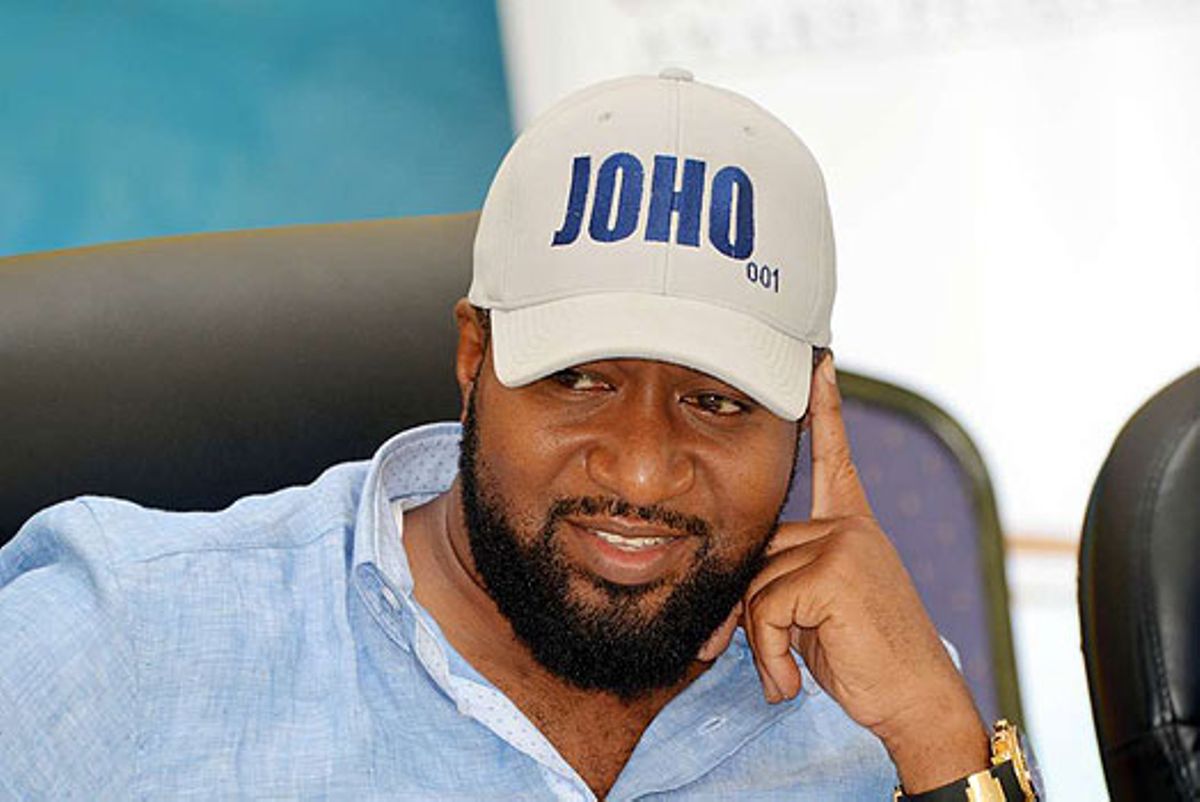
Leave a comment